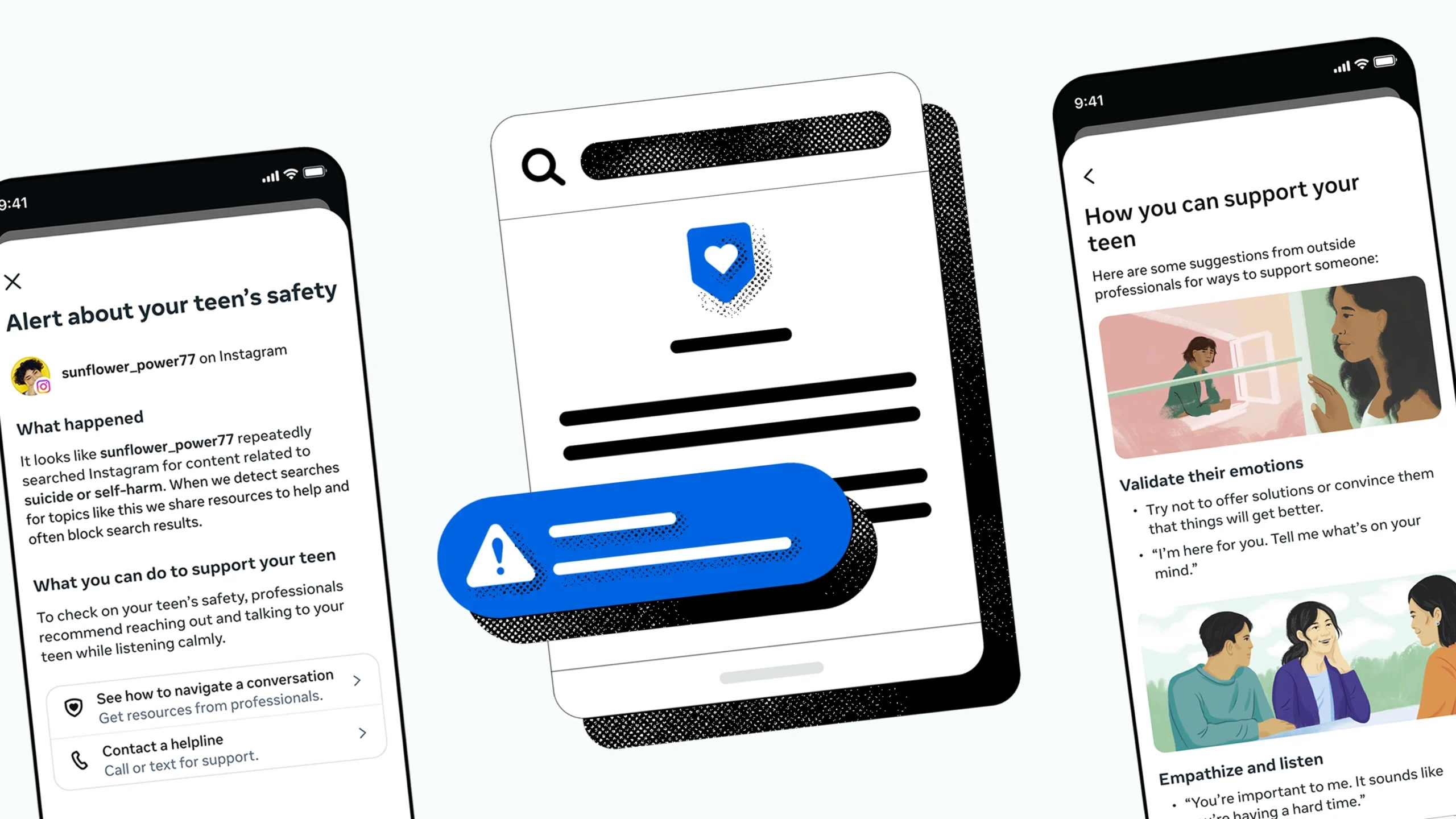Millennials vs. Gen Z: 5 Easy-To-Spot Differences Between the Two
Millennials and Gen Zs are often confused for one another. Their differences are more subtle but if looked closely, are easy to spot.
Millennials and Gen Z are two terms that recently came out. Many developmental psychologists and even laypeople use it to define a certain group or generation. There’s even an older group known as Gen X and then, there are the Baby Boomers. But, we’re more concerned about our kids who are either Millennials or Gen Z kids. How do we tell the difference? Here are five subtle differences to look into. millennials vs. gen z

Millennials vs. Gen Z
1. Millennials recognize old technology, Gen Z kids might not
The majority of Gen Z kids probably won’t know how to use old technology. They’ll stare in shock at the very first Motorola cellphone which was the size of an ice shaver. Gen Z kids will also probably not know delivery number jingles the way Millennials do. Most of all, they’re the kind who are so wired to the Internet that when they get disconnected — there’s momentary panic. Millennials can deal with both old and new tech because they were born in the transition period between digitalization and mechanics.
2. The year they were born
The most commonly used difference is the year Millennials or Gen Z kids were born. Some say that kids are considered Gen Z once they’re born in 1997. Any year after, your child would be considered a Gen Z. Most millennials right now are young adults at an average age of 25 years old since a lot of them were born in 1989. But most studies don’t really have a specific year; it’s just simpler to imagine the years that way.
3. Gen Z kids are more mindful about social issues
Gen Z kids are what gave rise to many that the Internet calls the SJKWs (social justice keyboard warriors). Since social media’s been their playground for some time, they find it easier to exchange information and learn about social issues from other people. Unfortunately, they’ll still need to fact-check and know the difference between real or fake news. But they’ll get the hang of it eventually.

4. Millennials may retain some of the old traditions whereas Gen Z kids may not
It highly depends on what year the millennial was born in, but they may retain some of the old traditions. Gen Zs, on the other hand, focus more on what’s happening now and what’s new. Unlike their millennial counterpart, they can find traditions a little more stifling since they are exposed to other cultures from social media. Because of their exposure, Gen Z kids may appear to be more rebellious than their Millennial counterparts.
5. Gen Z kids have a bigger reliance on their online identity
Millennials had Friendster, Multiply, Yahoo Messenger, and Ye Old Facebook. Gen Z kids flock over to IG, Snapchat, TikTok, and Twitter. While Millennials use social media as a means to connect and maybe post a few things, Gen Z kids use IG, Snapchat, TikTok, and Twitter as their portfolio. Because they’re more exposed to that kind of social media, they’re more prone to being easily affected by the number of likes, reactions, and comments from other people online as it looks like a direct attack towards them.
Millennials vs Gen Z: They’re still our kids!
The difference between them isn’t too big but it’s still there. Some of these factors can also be influenced by how we parent them. If we come from a conservative family then, it’s more likely they might adopt a more conservative and traditional stance as well. They may adopt some cultures from their fellow Gen Zers or Millennials but our parenting will still be a big part of who they are as people.
Want to understand your kids more? Here’s more!
Parent and Teen Communication: Keeping the Lines Open With Your Teen









